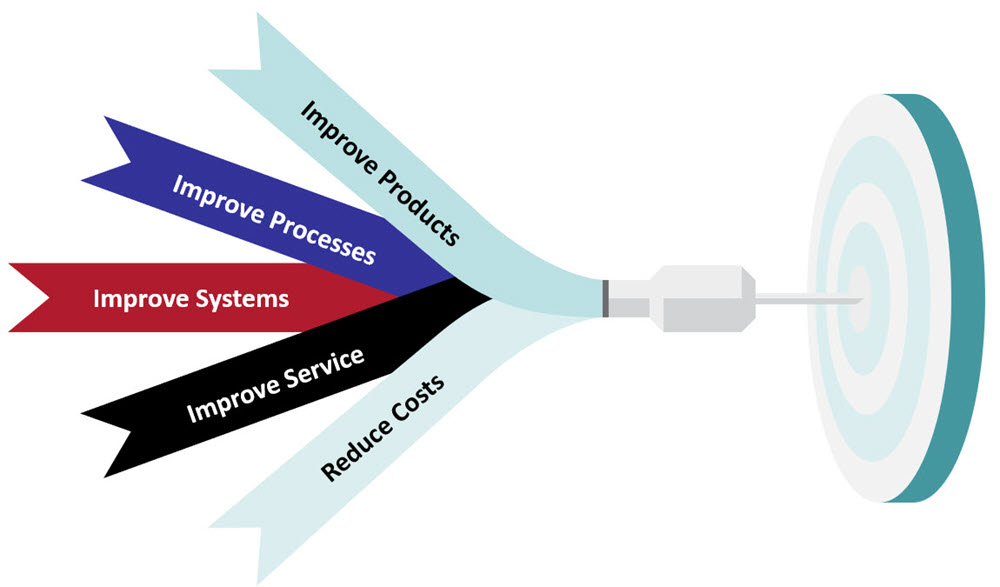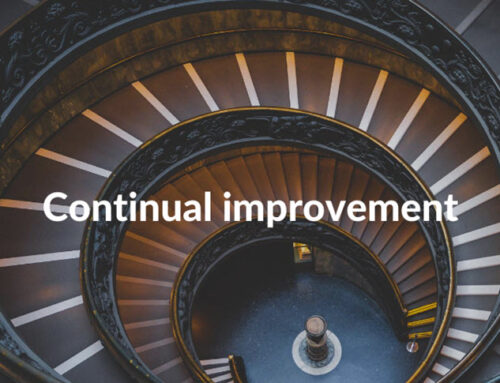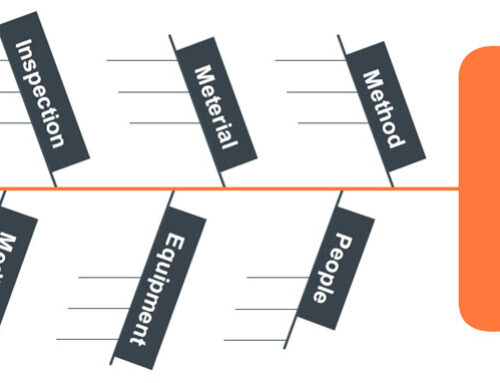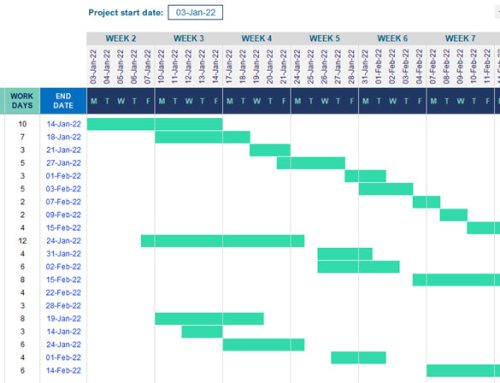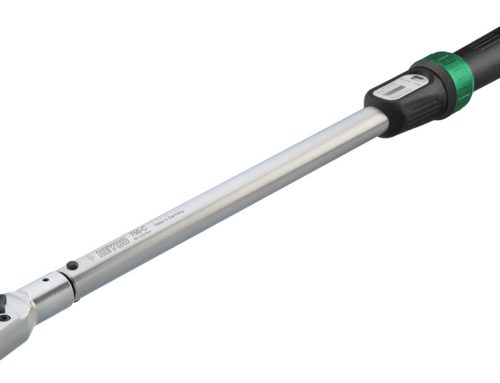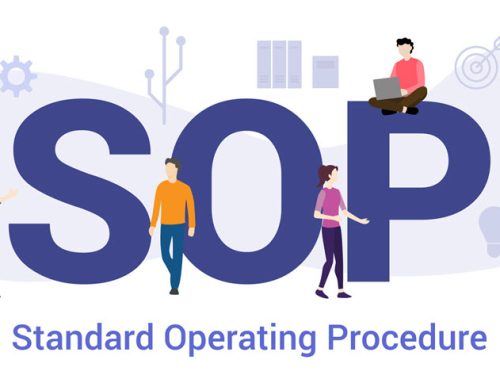A company, let it be a small one or a large corporation, cannot progress without the improvements. Continuous improvement means that companies strive to make regular and continuous changes to improve a company’s performance. Continuous improvement principles at a small scale can make your work much more meaningful. For example, a little adjustments and improvements within a team can result in better teamwork, which is why these small improvements are vital for a company. On a larger scale, these continuous improvements can help in the progress and development of an organization.
Let’s focus on the beneficial continuous improvement principles that frequently allow the organizations to grow and prosper.
Let the Customers Be the Focal Point
What is the main purpose of offering any product or service to customers? It is adding value. Companies provide value to the customers which is what keep them running and continuously making profit. I understand that, of course, companies care about the customers, but do they continuously change according to the customer’s need. To be able to strive and gain your customer’s trust, every company should make continuous adjustments according to the customer’s feedback. It is important to understand their need and provide them their desired results by prioritizing them. These changes can be very small, but it ensures your customers that you think about them and can provide the best service or product.
Worker’s Point of View
Getting to know your workers and what they think needs improvement can be vital in making good decisions. Of course, the top management has the last say in these matters. But they are not that knowledgeable about the operations and customers as compared to the workers.
These workers are handling the important tasks on a daily basis and understand the customers more. Knowing what they think and what kind of ideas they have for improvements can help the company make effective changes. It also makes the workers feel recognized that their opinions matter in the organization, and that can be a motivational force for them to work harder and allows them to connect more in depth with the organization.
Including the workers when making a decision can be a great tool for any organization. It helps them stay ahead of the competition.
Leadership Support
Workers do provide an insider’s view of an organization and can point to some of the blind spots. But what makes it meaningful, is when top management use the information for continuous improvement. Leaders are the driving forces for making these changes. They make strategies to align goals and processes, to make sure everyone is pulling in the same direction. Validate if the changes are providing an improvement or further adjustments are needed. This can be measured through worker’s performance, are employees kept motivated and is everyone on the right track. Without the leaders providing the direction and supporting the goals and workers, everything will fall apart instantly.
Leaders provide the resources and pave the way for the employees, so it should be ensured that they are supportive. If they are not, workers won’t be able to be creative and think out of the box, which can demotivate them.
Teamwork Makes the Dreamwork
Incorporating teamwork is the next big step. Employees can work great individually, but what helps a company is teamwork. There should be a sense of responsibility for the team and how your decisions can affect your team. If employees are there to help each other, share responsibility, and pick each other up, this can help keep the team morale high and create a positive synergy which is important. Healthy competitions and motivating each other will help with continuous improvements.
Unbiased Measures and Monitoring
To be able to provide the customers with value, it is important that the company is unbiased and is only using facts. Don’t take any measure because of your judgment and feelings. Understanding where you were standing before taking steps for continuous improvements and after is important so that you can judge the performance and monitor the progresses. Only this way will we be able to make unbiased and better decisions and take the required measures.
Other than the above principles, making small adjustments can pay off well in the long run. Setting goals, getting feedback, making adjustments regularly, and compensating for positive results can do a lot. Continuous improvement is self-reinforcing, and to be better at something, you need to be motivated.
Small incremental changes can help in motivating the employees, and compensation can also play a huge role. All this will help gain customer’s trust, engage staff, and improve products and services.

